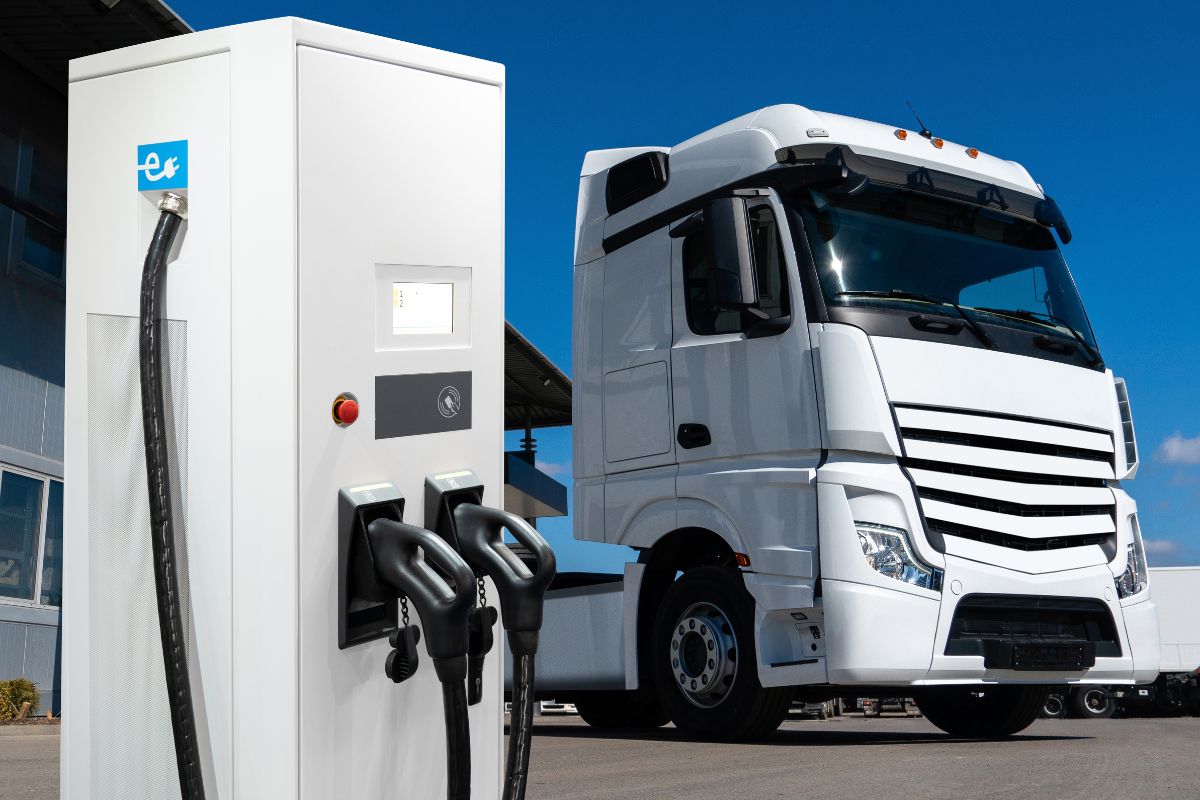2025
Supporting Sustainability: Toronto Warehousing’s Eco-Friendly Initiatives

Sustainability has become a defining factor in how supply chains operate, and warehousing in Toronto is no exception. Facilities across the region are adopting eco-friendly practices to reduce environmental impact while improving operational efficiency.
These changes reflect both customer expectations and regulatory pressures, but they also highlight the industry’s ability to innovate. From energy use to packaging and transportation, warehousing is showing how sustainability can become a long-term business strategy rather than a short-term goal.
Cutting Energy Consumption in Facilities
One of the largest contributors to a warehouse’s environmental footprint is energy use. Lighting, refrigeration, and heating systems can consume vast amounts of electricity if left unchecked. To address this, Toronto warehouses are investing in greener infrastructure.
A fulfillment center in Etobicoke, for example, transitioned to LED lighting combined with motion sensors. This reduced electricity consumption by nearly half while also improving workplace safety. Another operation in Scarborough installed rooftop solar panels that offset daytime energy needs, allowing the facility to run partly on renewable power.
Some common strategies for reducing energy consumption include:
- Upgrading to LED lighting with automated controls
- Using energy-efficient refrigeration and HVAC systems
- Installing renewable energy solutions like solar panels
- Adopting energy monitoring software to track and cut waste
These efforts prove that sustainability inside the warehouse directly supports long-term financial performance.
Packaging Waste Reduction and Smarter Materials
Beyond energy use, packaging remains a pressing environmental challenge. Traditional cardboard, plastic wrap, and filler material can accumulate quickly, adding both disposal costs and waste. Many Toronto warehouses are responding by redesigning packaging strategies and choosing eco-friendly materials.
A case in point is a Toronto-based e-commerce fulfillment center that partnered with a local packaging supplier. By introducing recyclable mailers and optimizing box sizes, the facility cut packaging waste significantly. Clients also benefited, as consumers are increasingly drawn to sustainable packaging practices.
Practical steps being taken across Toronto facilities include:
- Switching to biodegradable or recyclable packaging options
- Implementing reusable containers for regional deliveries
- Standardizing box sizes to reduce filler materials
- Training staff to pack efficiently with minimal waste
These approaches align warehousing with consumer expectations while lowering the environmental footprint of every shipment.
Greener Transportation Partnerships
Warehousing operations extend far beyond the four walls of a facility. Transportation plays a major role in sustainability, as trucks and vans remain significant sources of emissions. To address this, many Toronto warehouses are collaborating with carriers that prioritize eco-friendly transportation methods.
For example, a food distributor in Mississauga shifted to using SmartWay-certified carriers, ensuring shipments moved on fuel-efficient trucks. Another downtown Toronto warehouse partnered with a delivery company piloting electric vans for last-mile logistics. These adjustments help reduce greenhouse gas emissions while meeting urban sustainability targets.
Supporting sustainable transportation allows warehouses to build more resilient supply chains while meeting the growing demand for environmentally conscious logistics. Over time, these partnerships can also enhance customer trust and improve community relations.
Driving Change in Toronto’s Logistics Industry
The move toward eco-friendly initiatives in warehousing is more than a trend. Energy-efficient facilities, smarter packaging, and greener transportation show that sustainability can go hand in hand with efficiency and cost control.
Case studies across Toronto demonstrate that these initiatives are not only achievable but already making a measurable impact.
As market leaders in e-commerce order fulfillment, co-packing, transportation, and 3PL warehousing services within Toronto, we leverage our specialized expertise in the distribution industry. Our clientele spans across a multitude of industries, boasting some of the globe’s most renowned companies.